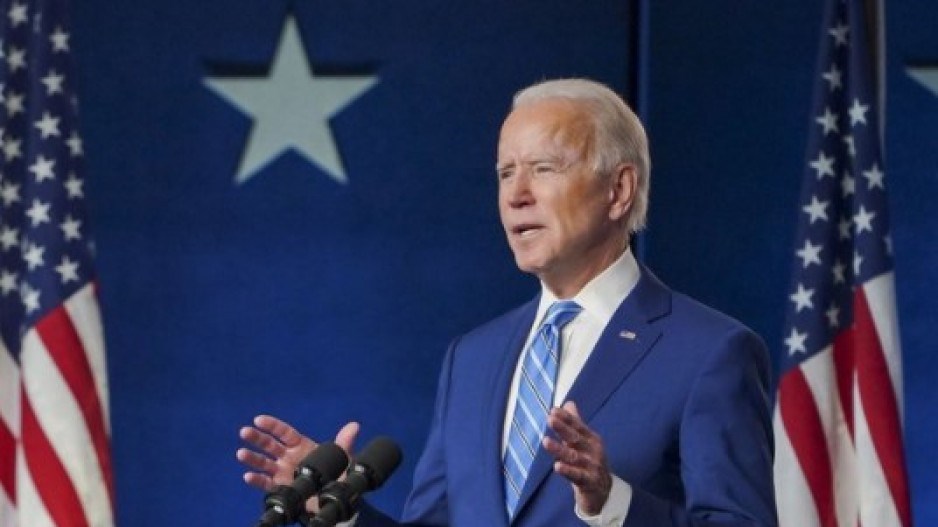An industry association representing 2,500 Canadian manufacturers is criticizing the federal government for moving too slowly as investment flows south in response to the U.S. Inflation Reduction Act.
Canadian Manufacturers and Exporters (CME) says Canada is at risk of missing an important window to invest in a net-zero future that would maintain critical manufacturing operations in Canada.
The Inflation Reduction Act, signed into law by President Joe Biden last year, is the United States' most ambitious piece of climate legislation ever, offering around US$375 billion in new and extended tax credits for everything from renewable electricity generation to hydrogen production to sustainable jet fuel usage.
CME president and CEO Dennis Darby said Canadian manufacturers were encouraged by federal budget measures announced in March to counteract the U.S. legislation, but the industry is still waiting to see which investments qualify for new tax credits.
"The urgency just doesn't seem to be there," Darby said.
"The programs aren't as generous as the U.S., but given that may be all we can afford, many definitions of what qualify for some of these investment tax credits are still unknown. It's taking way too much time to roll out."
While he acknowledged that Ottawa is in the midst of consulting stakeholders on its response to the Inflation Reduction Act, Darby called on the federal government to "signal what it already knows and say, 'Here's what's going to be in the regulations.'"
He highlighted initiatives including a 30 per cent refundable investment tax credit for new machinery and equipment used to manufacture or process clean technologies, and extract or recycle critical minerals.
Darby said it would be one of many "great opportunities" for manufacturers once the fine print, such as rules surrounding requirements and eligibility, gets sorted out.
"If you're a manufacturer that's making a decision in real time on where you're about to expand, or where you're going to start your next manufacturing plant or your next piece of technology, it's pretty clear in the U.S.," he said.
"It's a bit muddy here in Canada."
Some Canadian companies have also been sounding the alarm that the incentives offered by the Inflation Reduction Act are so attractive that it's impossible to compete. Canadian oil and gas companies in particular have been arguing their industry is at a competitive disadvantage with the U.S.
Calgary-based fuel producer Parkland Corp. announced earlier this year it would not proceed with a plan to build a stand-alone renewable diesel complex at its refinery in Burnaby, B.C., in part because the company believes the incentives offered by the IRA give an advantage to producers south of the border.
The Pathways Alliance, an oilsands industry group, has also argued its proposed $16.5-billion carbon capture and storage transportation line project is at a competitive disadvantage to U.S. carbon capture projects.
But a report from TD Economics earlier this year said Canada’s financial support for the clean energy transition is competitive with that of the legislation south of the border.
TD said the Canadian government has spent $139 billion since its 2021 budget, or five per cent of the country's nominal GDP, on supports for clean energy development, which compares favourably to the Inflation Reduction Act’s estimated US$393 billion in spending, or 1.5 per cent of that country's nominal GDP.
"Despite criticism, Canada’s financial support for the clean energy transition is yielding positive results and has established a competitive position relative to the U.S," wrote TD managing director and senior economist Francis Fong.
This report by The Canadian Press was first published June 20, 2023.
Sammy Hudes, The Canadian Press




